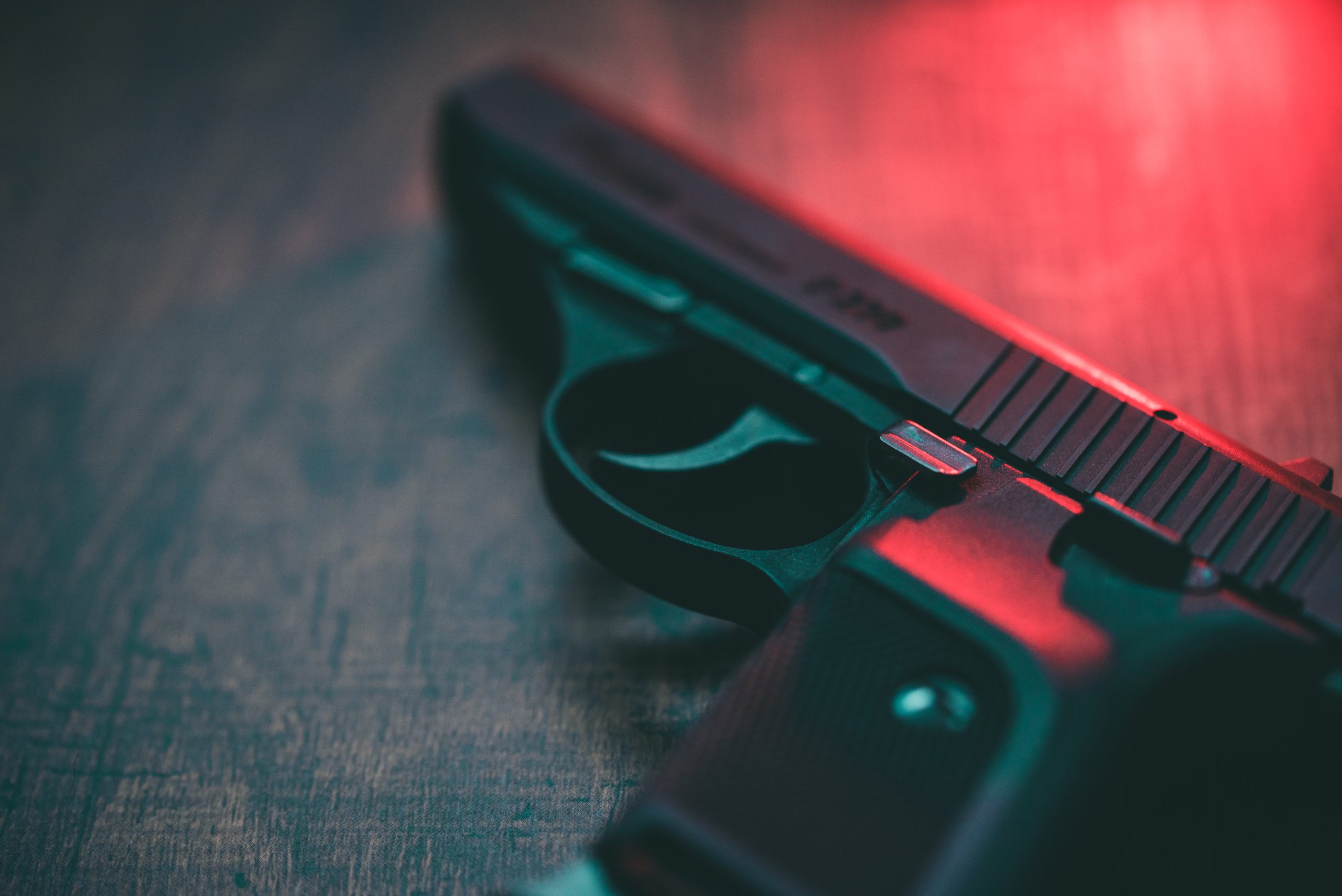Mental illness and gun violence: It’s not what you think.
By Annie Slease
As a mental health advocate and educator, I often use statistics to illustrate impact. “One in five” illustrates how many people are affected by mental illness in any given year. But, according to a recent national poll, one in five also indicates how many Americans have experience with gun violence.
As we grapple with yet another school shooting, this time at a small, private school in Nashville, Tenn., where three 9-year-old children, three school employees, and the shooter lost their lives, Americans have once again been collectively re-traumatized by the news, and parents, youth, and educators are panicked that their school will be next. Their fear is rooted in reality. While shootings on school campuses remain relatively rare, mass shootings in America are on the rise.
There have been more mass shootings in America this year than there have been days. The news cycle churns the horrific details of the latest tragedy, and the subject of mental health returns to the forefront and serves as the primary national scapegoat for gun violence. But mental illness is not the problem. People experience similar rates of mental illness worldwide, but no other nation experiences rates of gun violence at anywhere near the level of the U.S., where it is now the leading cause of death for children and teens.
Mental illness and gun violence are linked, yes, but it’s not what you think. People with mental illness are more likely to be victims of violence than perpetrators of violence. Only about 5% of mass shootings are perpetrated by individuals with severe mental health conditions and 25% by people with non-psychotic mental illness. The false notion that mental illness causes gun violence is far more harmful than helpful, contributing to the stigma that prevents more than half of those with mental illness from ever accessing treatment.
Gun violence and mental illness are not connected by homicide, but they are linked by suicide, which accounts for 57% of gun deaths in the U.S. Research shows 90% of those who died by suicide had an underlying mental illness, but suicidal thoughts do not predetermine suicide death. Most people who survive a suicide attempt do not go on to die by suicide. But means matter. Firearm suicides are not the most common method but they are the most lethal, so access to firearms for those experiencing suicidality elevates their risk.
The other link between gun violence and mental illness is trauma, which is a leading risk factor for developing a mental health condition. Gun violence has impacted our collective well-being, especially for our nation’s youth, increasing risks for developing mental health conditions like post-traumatic stress disorder, anxiety, depression, and substance use disorders. Communities affected by school shootings show increases in youth antidepressant use and suicide risk. Our youth are experiencing a mental health crisis and gun violence is only making things worse.
But there is hope. Common sense gun laws like Permit to Purchase and Lethal Violence Protection Orders can reduce gun deaths. Along with stronger gun laws nationwide, we need to invest in intervention programs and prevention education in schools and communities from proven leaders like Sandy Hook Promise with effective, evidence-based models.
We must not be distracted by the issue of mental illness in response to our nation’s gun violence crisis. We must act to keep our children and our communities safe physically and psychologically with common sense gun reform. No, the problem of gun violence in the U.S. is not mental illness. It never was. The problem has always been the guns.
Categories:Uncategorized.


